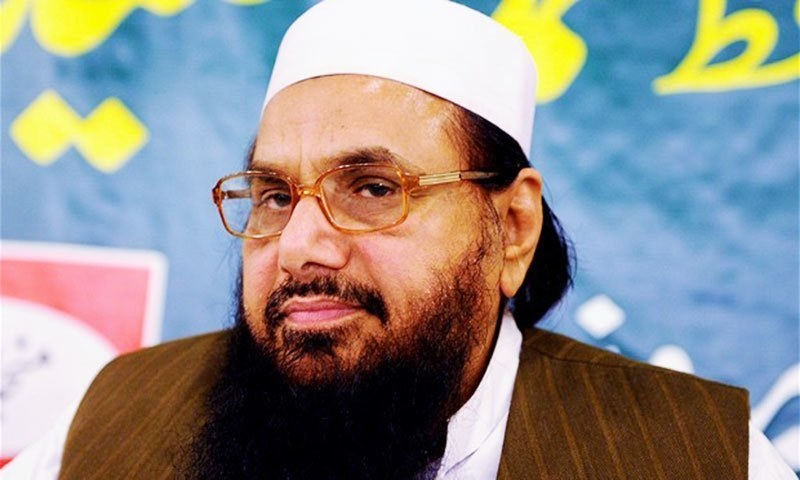Pakistan's move comes after pressure from the Financial Action Task Force, which had last year placed the country on its 'grey list' over money laundering and terrorism financing.
Lahore: India on Thursday took a grim view of Pakistan’s announcement of crackdown against Hafiz Saeed, leader of the group blamed for deadly attacks on Mumbai in 2008.
Sources in the Narendra Modi government said the centre is looking for irreversible actions from the Pakistani side and not mere tall claims. “We have seen this 'action' before. It is Important that the action is irreversible and verifiable,” government sources were quoted as saying by ANI.
On Wednesday, Pakistan's counter-terrorism department said it had launched 23 cases against Saeed and 12 aides for using five trusts to collect funds and donations for Lashkar-e-Taiba (LeT), blamed by India and the United States for the attacks in Mumbai that killed 166 people.
Two banned LeT-linked charities, Jamaat-ud-Dawa (JuD) and Falah-i-Insaniat Foundation (FIF), were also targeted, the department said in a statement.
"All the assets of these organisations and individuals will be frozen and taken over by the state," said a counter-terrorism senior official on condition of anonymity.
The counter-terrorism department said the action was in accordance with UN sanctions against the individuals and entities.
Pakistan’s move follows pressure from the Financial Action Task Force (FATF), which last year placed Pakistan on its "grey list" of countries with inadequate controls over money laundering and terrorism financing.
The international watchdog gave Pakistan an October deadline last month to improve its efforts against terrorism financing. The FATF has said Pakistan could end up on the black list when it reviews progress in a meeting later this year.
Saeed, designated a global terrorist by both the UN and the US, is one of the founders of LeT. The US, which has pressured Pakistan to crack down on militant groups, has offered a $10 million reward for evidence leading to his conviction.
The LeT has been banned in Pakistan since 2002 and the charities since last year. Saeed, who denies involvement in violence or funding militants, has been freed by Pakistani courts after being detained at his home several times in the past.
Pakistan has long faced international pressure to shut off financing to militant groups operating from its soil and has repeatedly pledged action but results have been patchy and have failed to satisfy critics.
Pakistan has long denied accusations from Washington, New Delhi and others that it nurtures and supports Islamist militants in line with foreign policy goals in neighbouring Afghanistan and the disputed Kashmir region.








